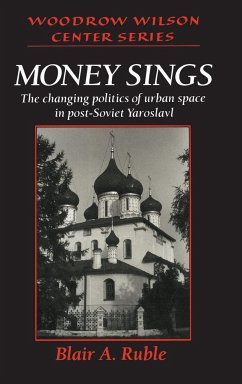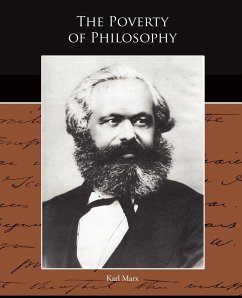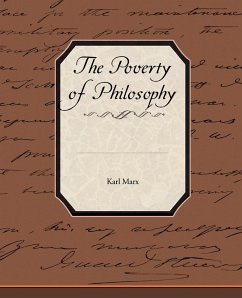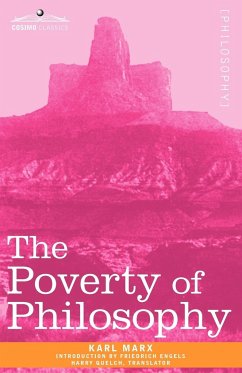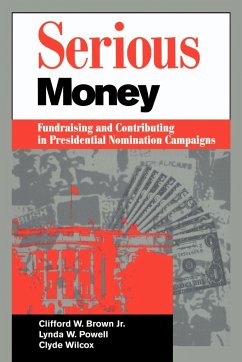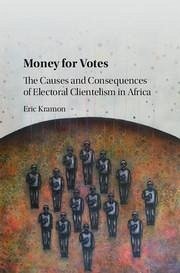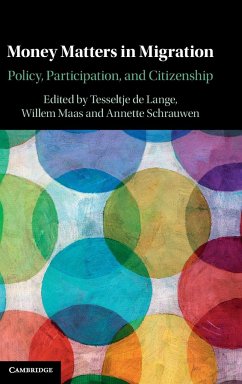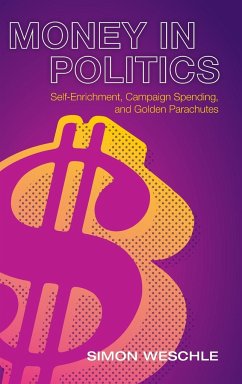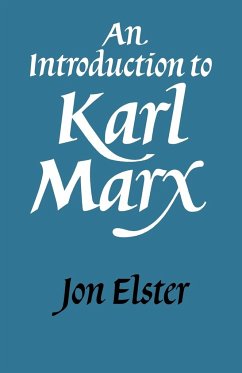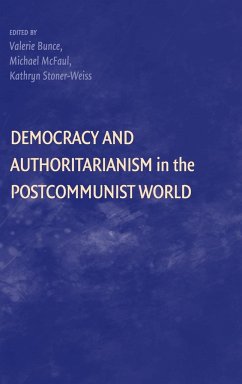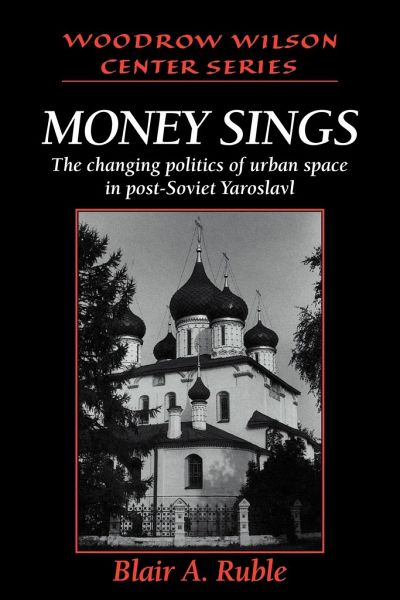
Money Sings
The Changing Politics of Urban Space in Post-Soviet Yaroslavl
Herausgeber: Hamilton, Lee H.

PAYBACK Punkte
20 °P sammeln!
Explores the reorganization of Russian life during the initial post-Soviet era by examining the politics of property in Yaroslavl.The politics surrounding the use of urban space expose the interaction of economic, physical, social and political factors that shape contemporary society. This exposure is especially revealing when focused on a single community during a period of dramatic transformation. Money Sings explores the sweeping reorganization of Russian life during the initial post-Soviet era (August 1991-December 1993) by examining the politics of property in a Russian 'Middletown,' the ...
Explores the reorganization of Russian life during the initial post-Soviet era by examining the politics of property in Yaroslavl.
The politics surrounding the use of urban space expose the interaction of economic, physical, social and political factors that shape contemporary society. This exposure is especially revealing when focused on a single community during a period of dramatic transformation. Money Sings explores the sweeping reorganization of Russian life during the initial post-Soviet era (August 1991-December 1993) by examining the politics of property in a Russian 'Middletown,' the historic industrial city of Yaroslavl. Through case studies of housing privatization, historic preservation and urban planning, this volume demonstrates important lessons about the bureaucratic and political dynamics of systemic change in post-Soviet Russia, the economic transition to the market, and the importance of economic factors in shaping the contemporary city.
Review quote:
'Blair Ruble has produced precisely what post Sovietology desperately needs - a fresh conceptual approach to Russian politics and social life based on extensive on-the-ground field research by a senior scholar with excellent linguistic, area/culture, and methodological skills. This book might well become a classic work in the field.' Harley Balzer, Georgetown University
'The study is put together with great care and skill, and with elements of passion and compassion to boot. It draws on Blair Ruble's keen eye, his past scholarship, and his wide reading and learning.' Timothy Colton, Harvard University
Table of contents:
Introduction: The politics of property in a provincial Russian city; 1. Housing privatization; 2. Privatization comes to Yaroslavl; 3. Preservation battles; 4. Replanning Yaroslavl; Conclusion: The post-Soviet city and Russian democracy; Bibliography; Index.
The politics surrounding the use of urban space expose the interaction of economic, physical, social and political factors that shape contemporary society. This exposure is especially revealing when focused on a single community during a period of dramatic transformation. Money Sings explores the sweeping reorganization of Russian life during the initial post-Soviet era (August 1991-December 1993) by examining the politics of property in a Russian 'Middletown,' the historic industrial city of Yaroslavl. Through case studies of housing privatization, historic preservation and urban planning, this volume demonstrates important lessons about the bureaucratic and political dynamics of systemic change in post-Soviet Russia, the economic transition to the market, and the importance of economic factors in shaping the contemporary city.
Review quote:
'Blair Ruble has produced precisely what post Sovietology desperately needs - a fresh conceptual approach to Russian politics and social life based on extensive on-the-ground field research by a senior scholar with excellent linguistic, area/culture, and methodological skills. This book might well become a classic work in the field.' Harley Balzer, Georgetown University
'The study is put together with great care and skill, and with elements of passion and compassion to boot. It draws on Blair Ruble's keen eye, his past scholarship, and his wide reading and learning.' Timothy Colton, Harvard University
Table of contents:
Introduction: The politics of property in a provincial Russian city; 1. Housing privatization; 2. Privatization comes to Yaroslavl; 3. Preservation battles; 4. Replanning Yaroslavl; Conclusion: The post-Soviet city and Russian democracy; Bibliography; Index.



